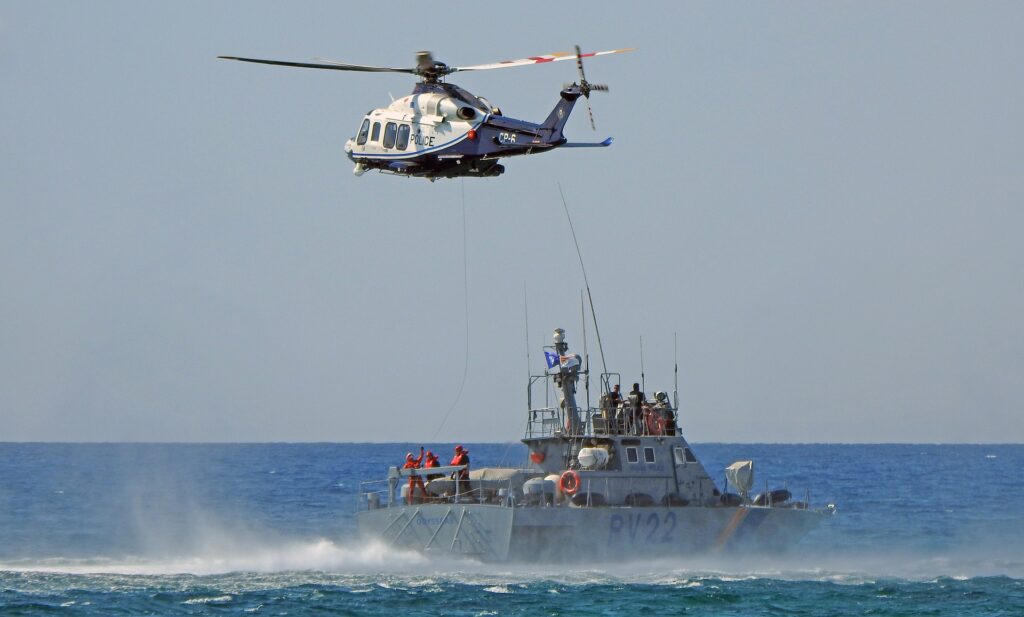CRM-Training
The history of aviation shows that it is quite possible that carefully selected and well-trained pilots crashed an aircraft without any technical malfunctions.
Regardless of how skillful we are at our work, we sometimes make mistakes. We can best protect ourselves against mistakes with the support of each other. We can detect each other's mistakes and deal with them before they lead to serious consequences. This is an approach that has been successfully used to improve aviation safety since the 1980s, and CRM training has been regulated as mandatory in the aviation industry since the 1990s.
Crew Resource Management (CRM) was developed by NASA and FAA after a series of unnecessary and catastrophic air accidents occurred in a rapid succession. The underlying causes of these accidents were the mistakes that were generally made by skilled pilots that were not trained in team skills and therefore failed as a crew. In addition, the first officer often noticed the problem, but the crew was not able to protect themselves from the mistake, the problem being linked to authority-issues and communication issues. Similar less optimal behavior is present in other industries as well. The problem can arise in hospitals between doctors and nurses, in companies between the CEO and middle management, in rescue stations between fire/rescue commanders and fire fighters etc. It seems as it is an unfortunate bi-product of people working together but the subpar behavior can be removed by proper training and procedures.
At the core of CRM training is the acceptance that we all make mistakes, but that the number of mistakes can be reduced and the effects of those mistakes can be minimized before they create a disaster. CRM-training teaches us that we are all different, but that can be used to an advantage, through collaboration.
During a CRM-training these are the main topics that are discussed: Human performance and limitations, Leadership, Teamwork, Stress, Information processing, Decision making, Communication, Fatigue, Situational awareness, Threat and error management.
Because of the success of the CRM-concept in the aviation-industry, other industries (military forces, healthcare, offshore, banking, construction etc.) have implemented it or the use of similar types of concepts.

CRM-basic course
The basic CRM course takes two days. The length of the course can be changed according to your needs and resources, but the best result is achieved in two to three days. 5-20 people can be enrolled in the course, with 15 participants being optimum.
The content is interactive and requires the participants to be active. The training process focuses on the needs of the participants and it can be easily planned according to what is considered most important for the specific group.
Courses also available online or in a hybrid environment.
Tax deduction for training
Did you know that there can be an additional tax deduction for staff training? You will find information about different topics in the link www.vero.fi.
Customer testimonial
After several CRM courses hosted by Fennec Safety, we have only received positive feedback by our team! Ralf has great knowledge, passion and enthusiasm regarding subjects related to CRM. Due to his enthusiasm, Ralf manages to keep everyone engaged, even when the courses are hosted online. With a good use of modern presenting techniques and skill in presenting in general, Ralf gets the important message of CRM across to his audience. Educational, fun, and engaging. Highly recommended!
- Jan Willem Prince, Training Manager, Bel Air Aviation A/S
Ralf Molander // +358 40 160 4090 // ralf@fennecsafety.com

